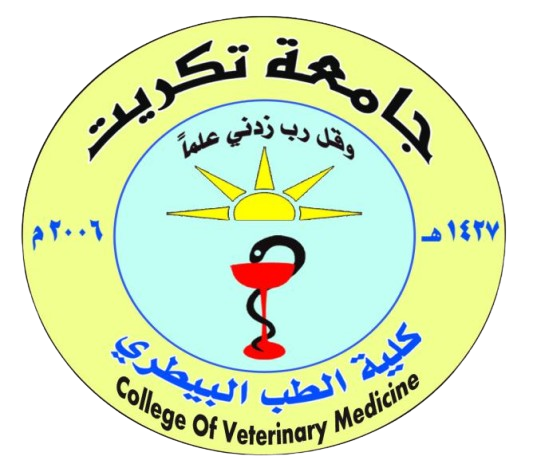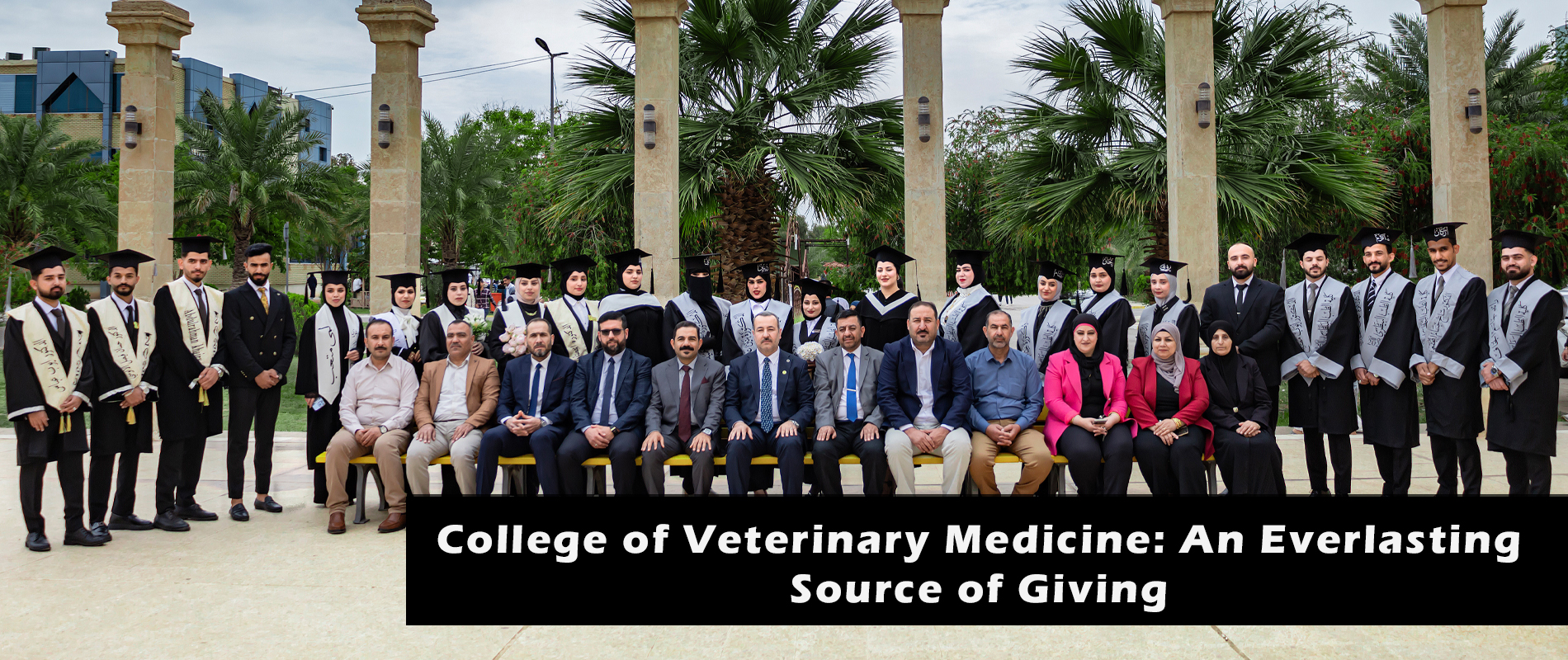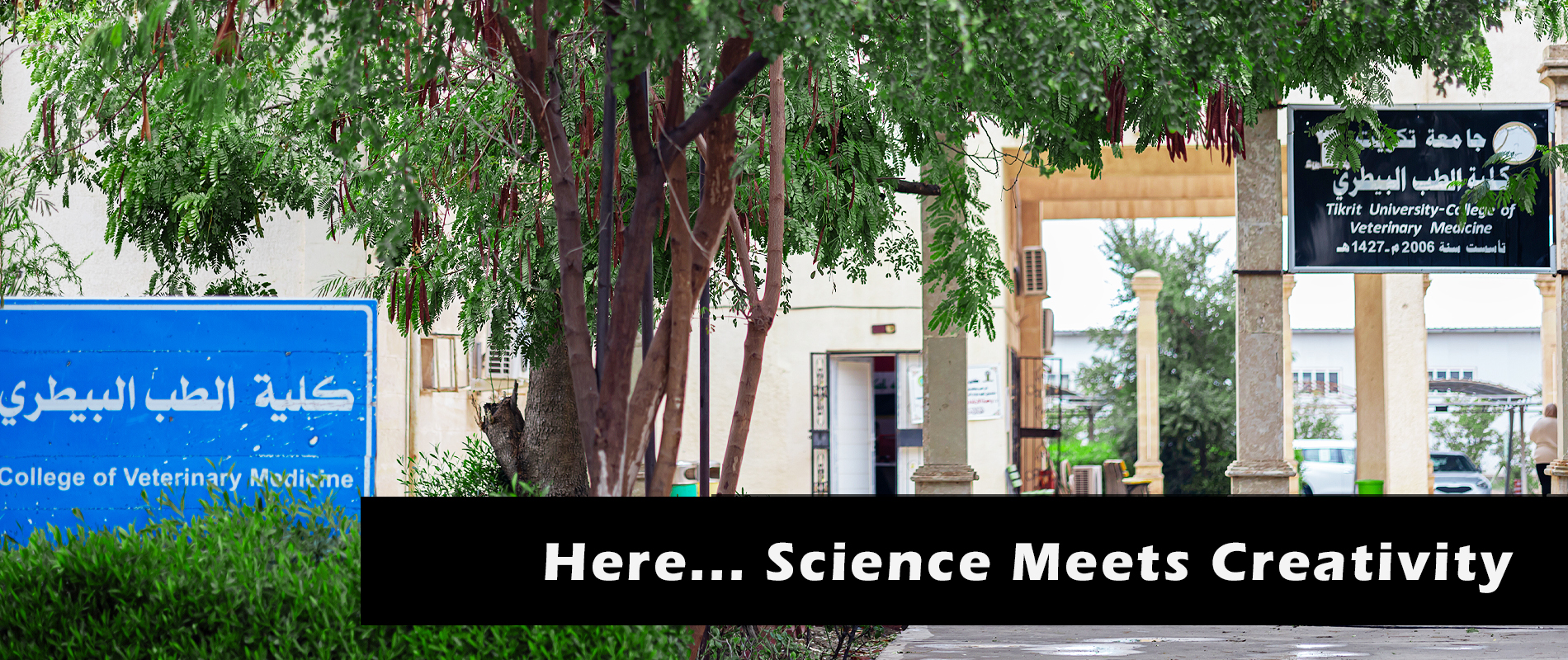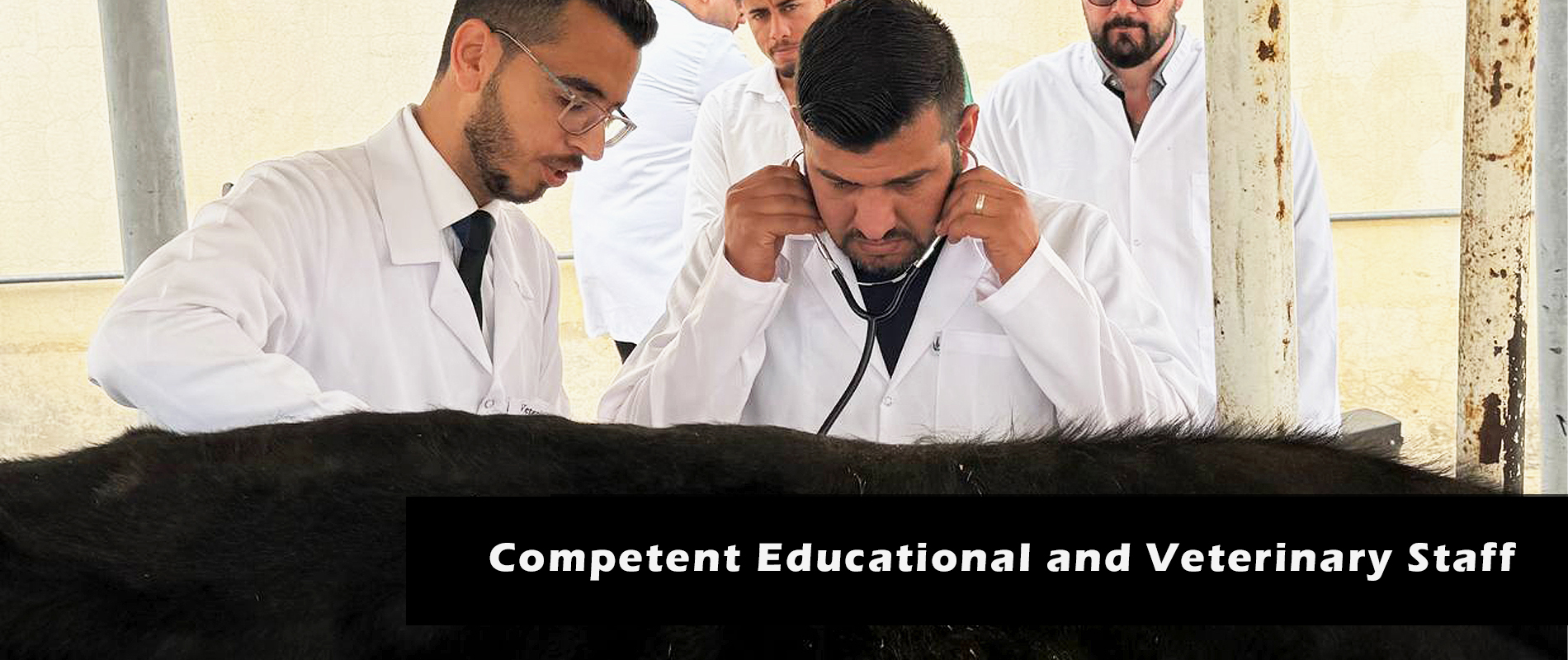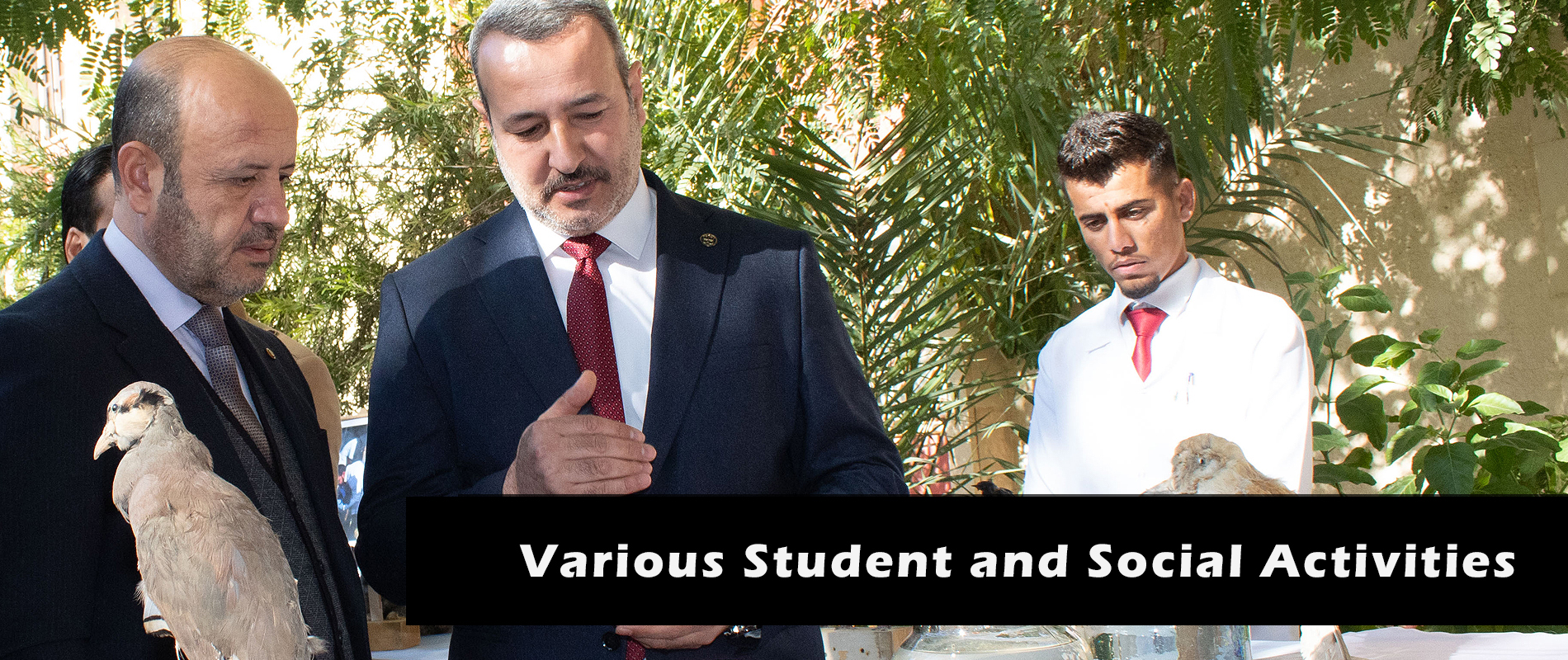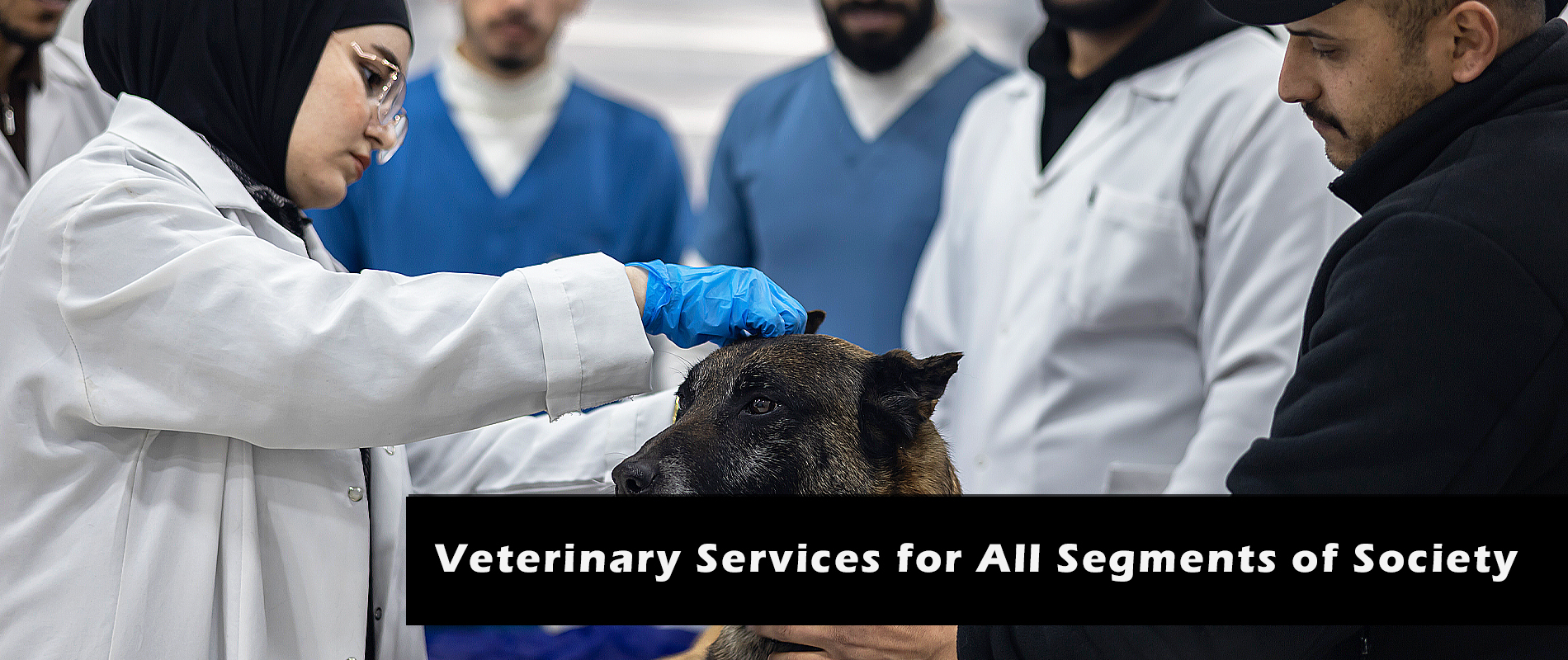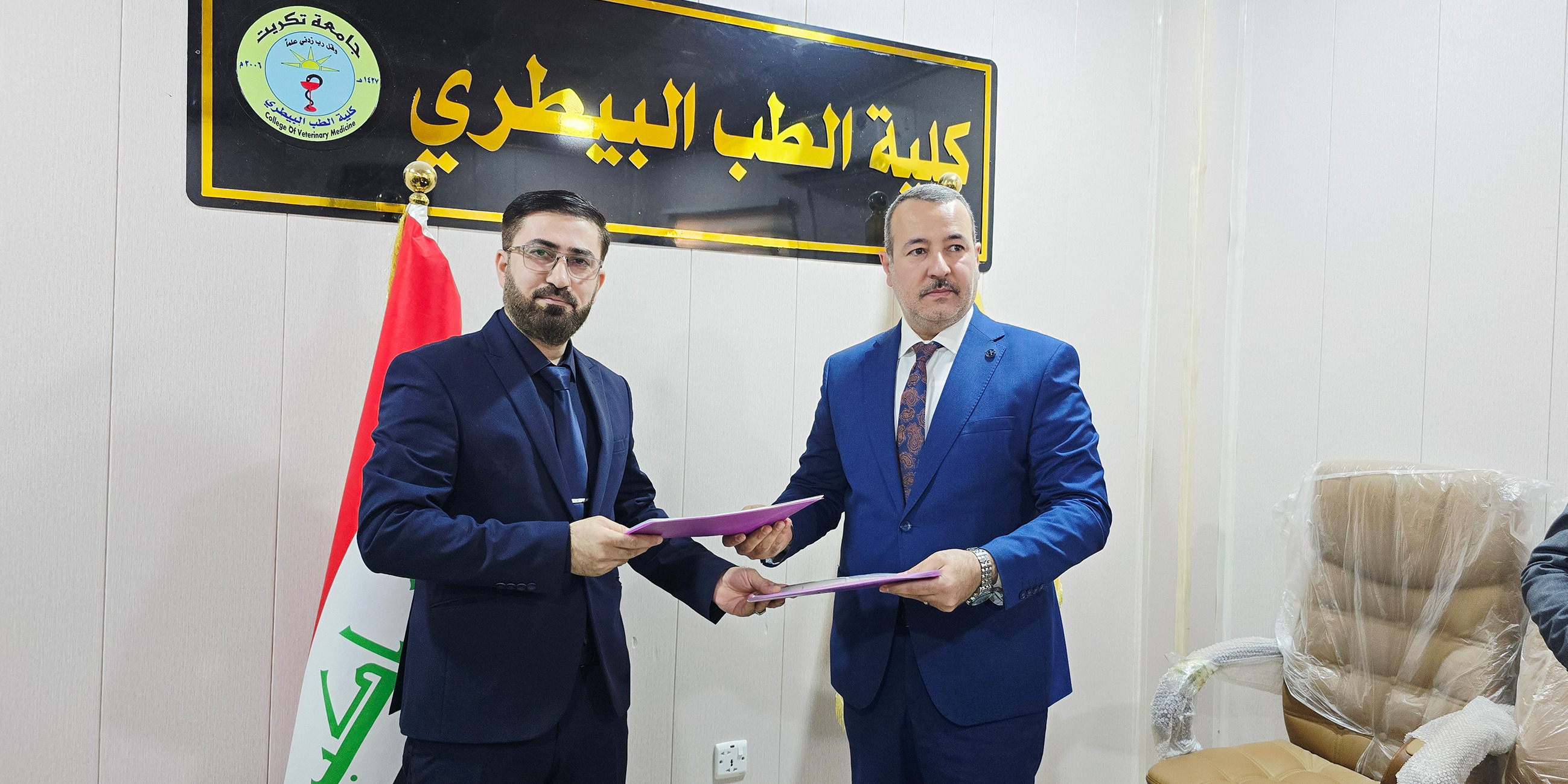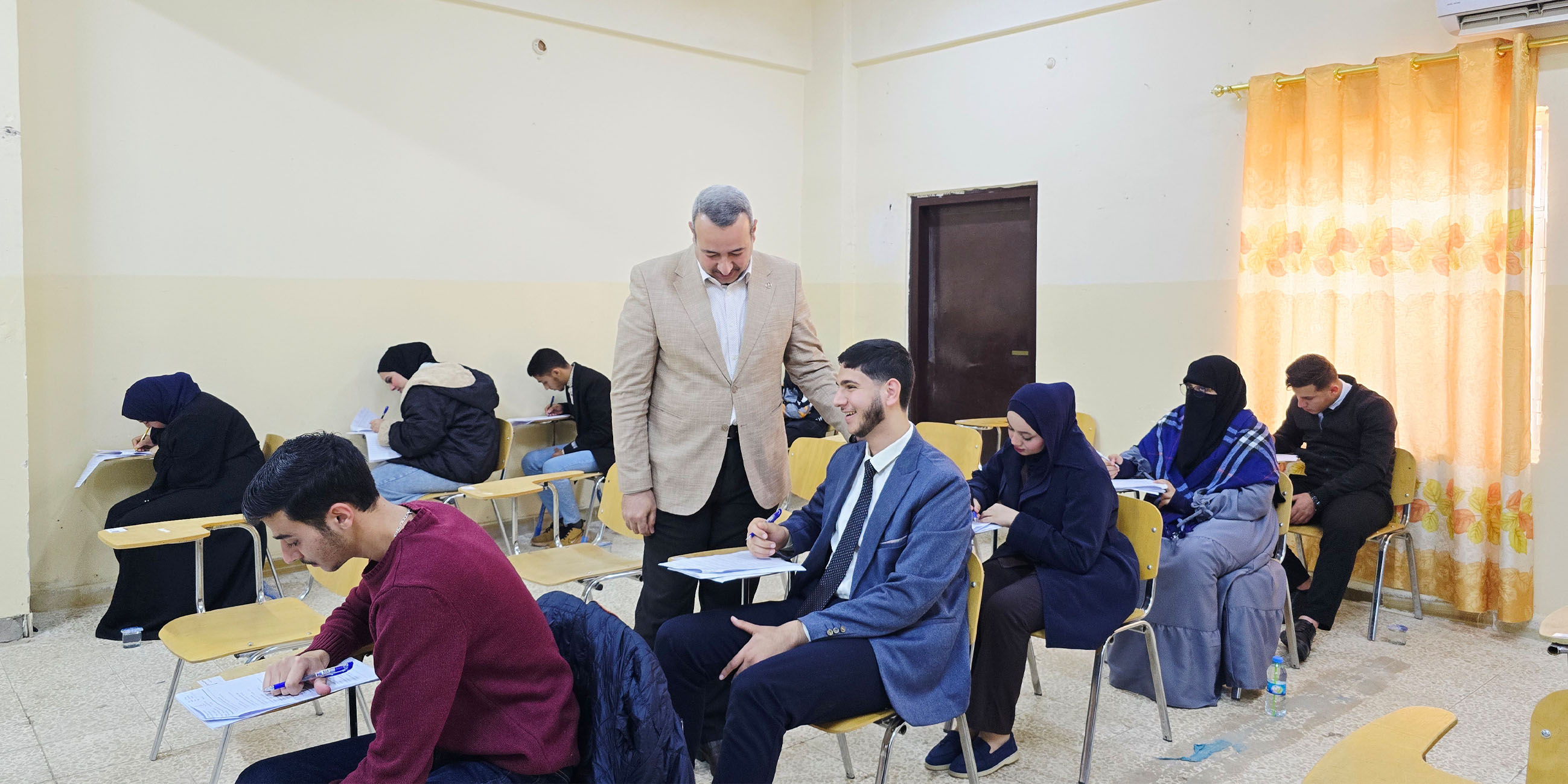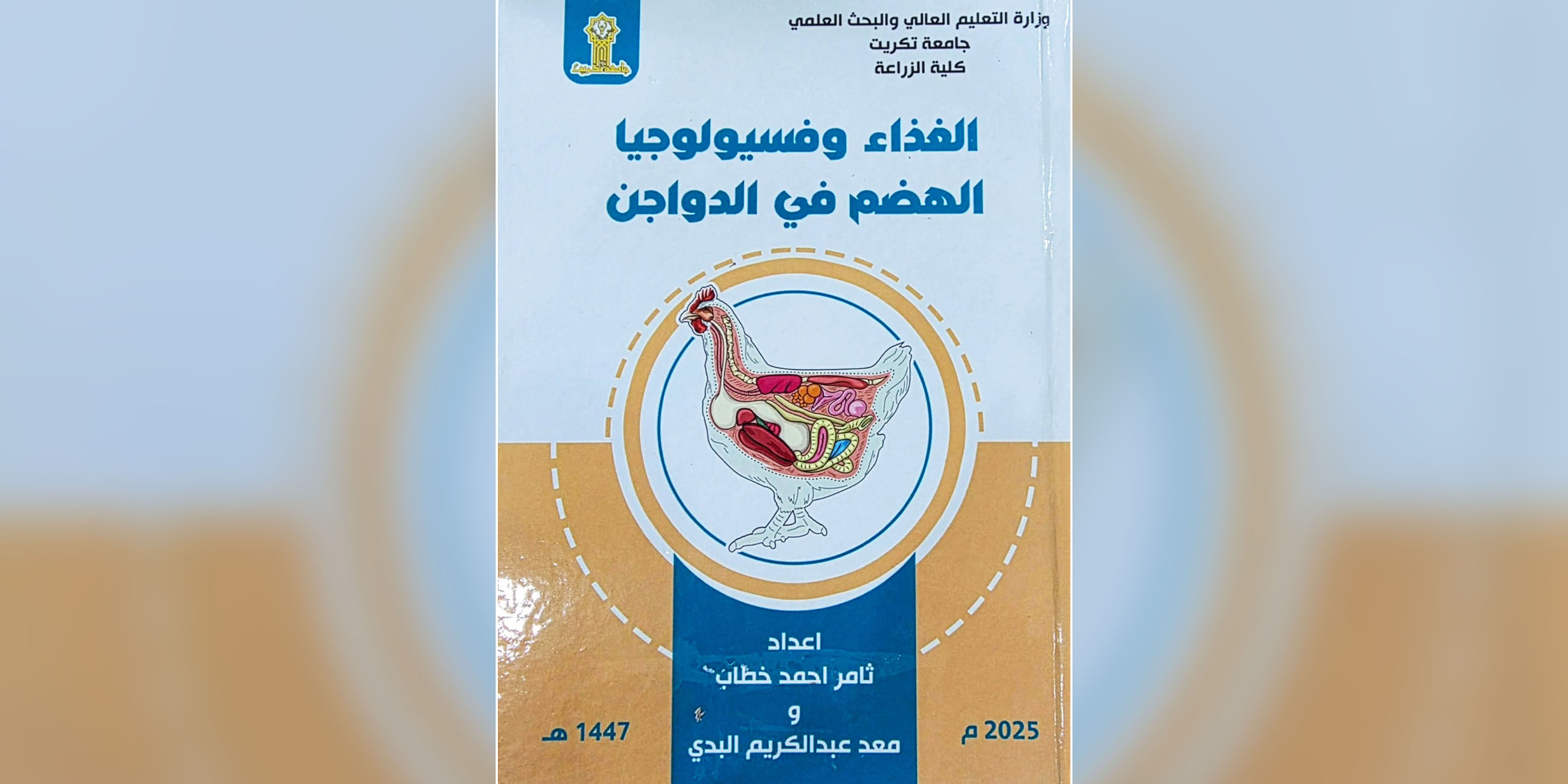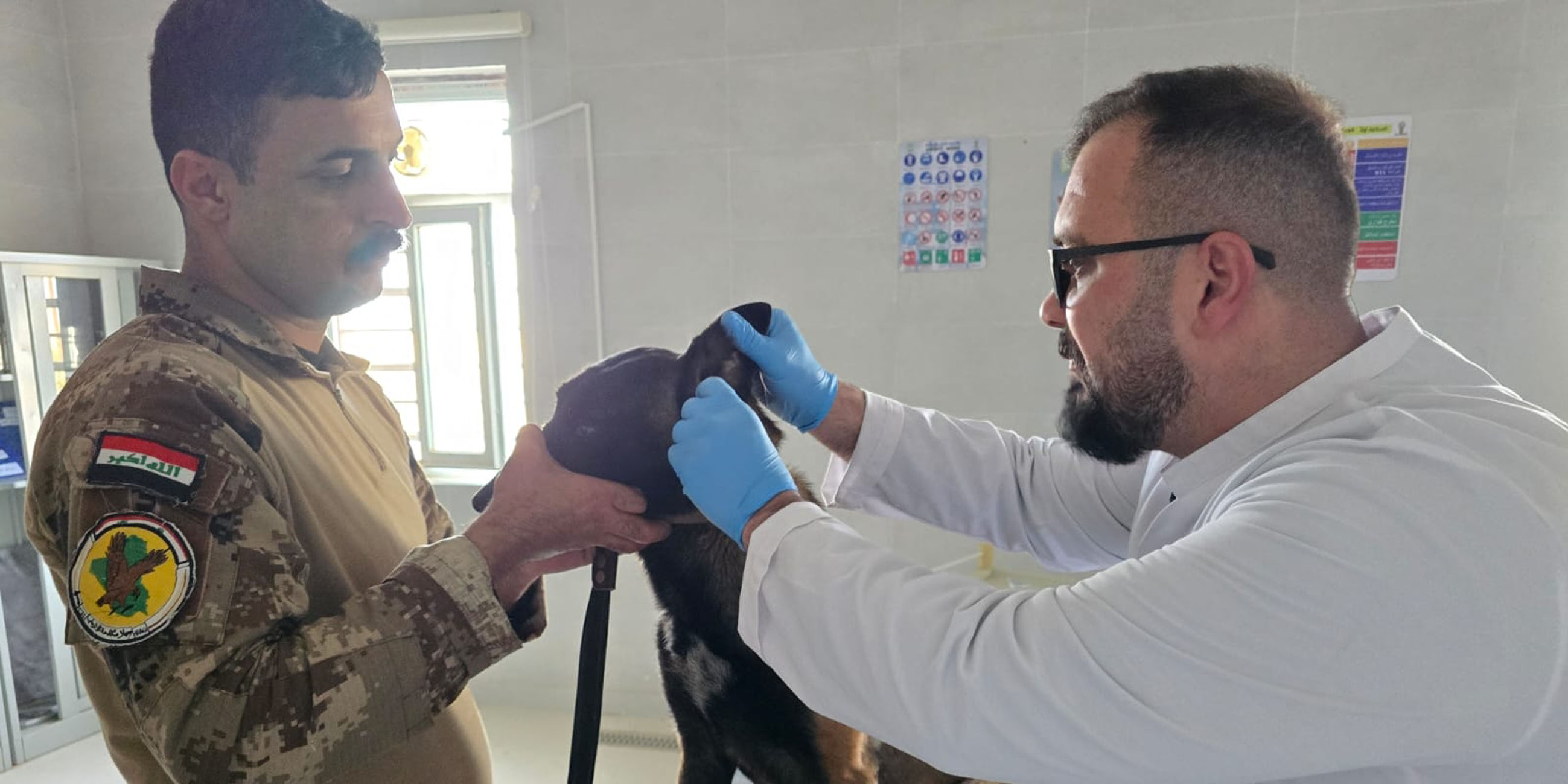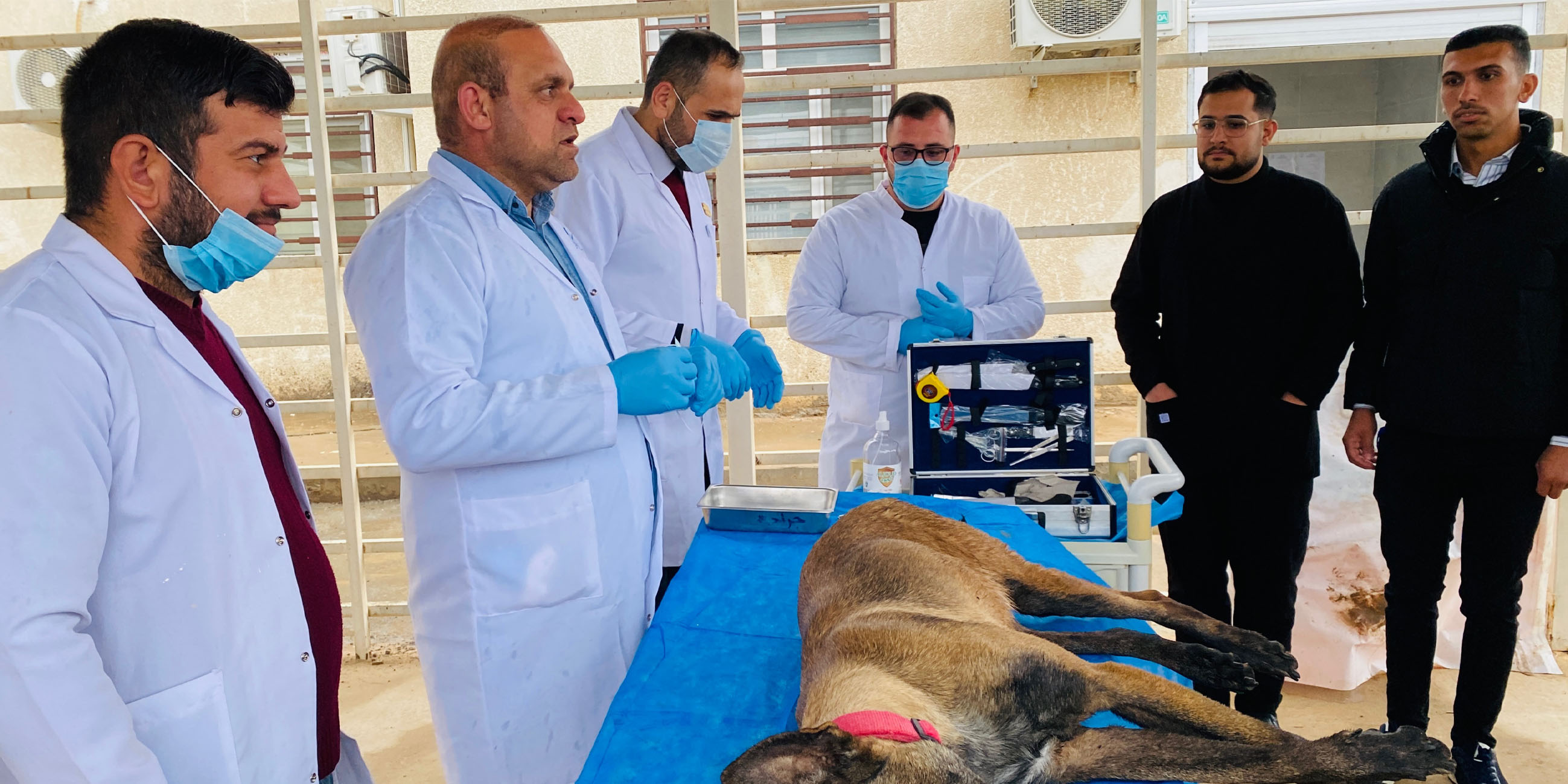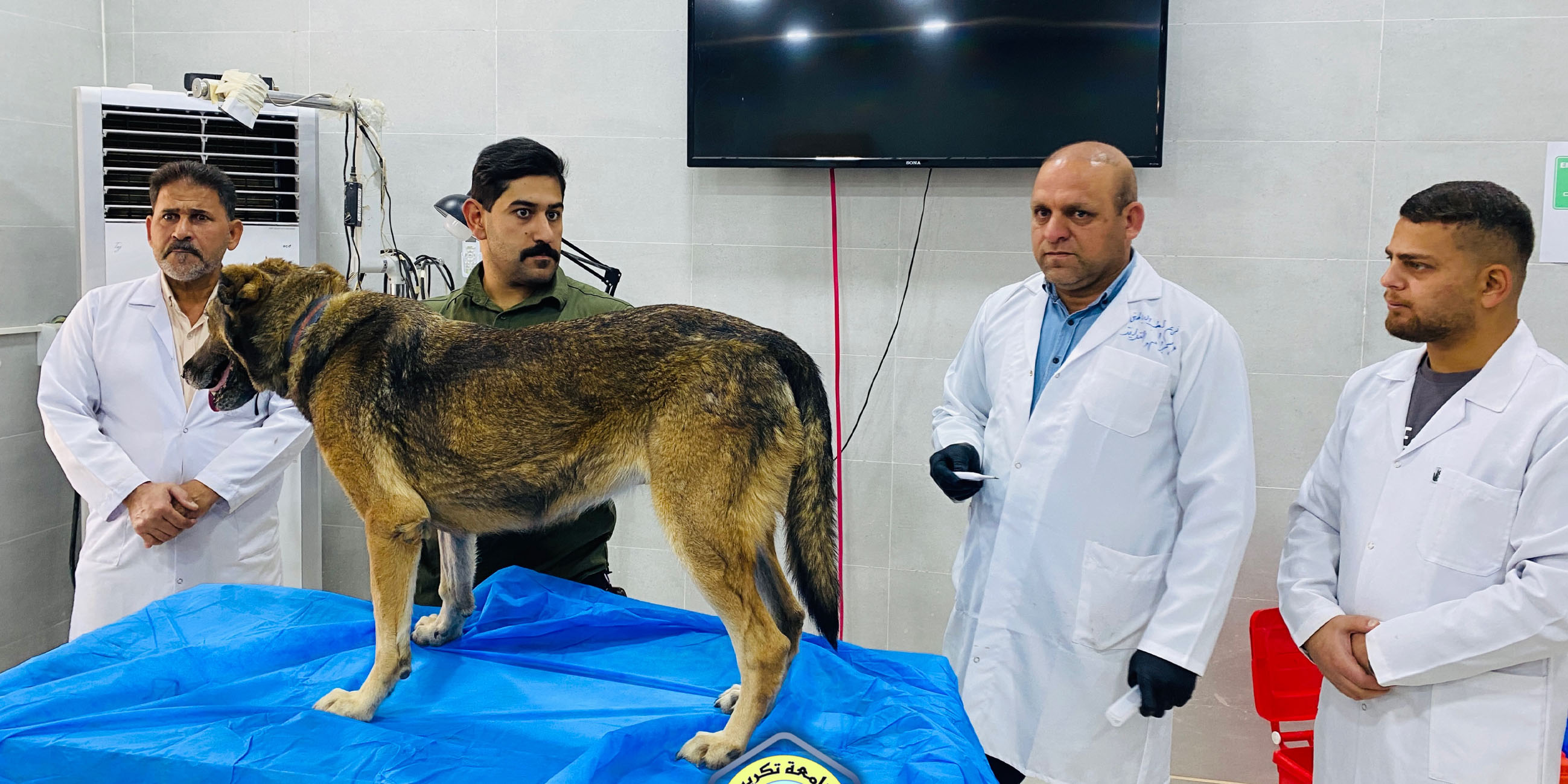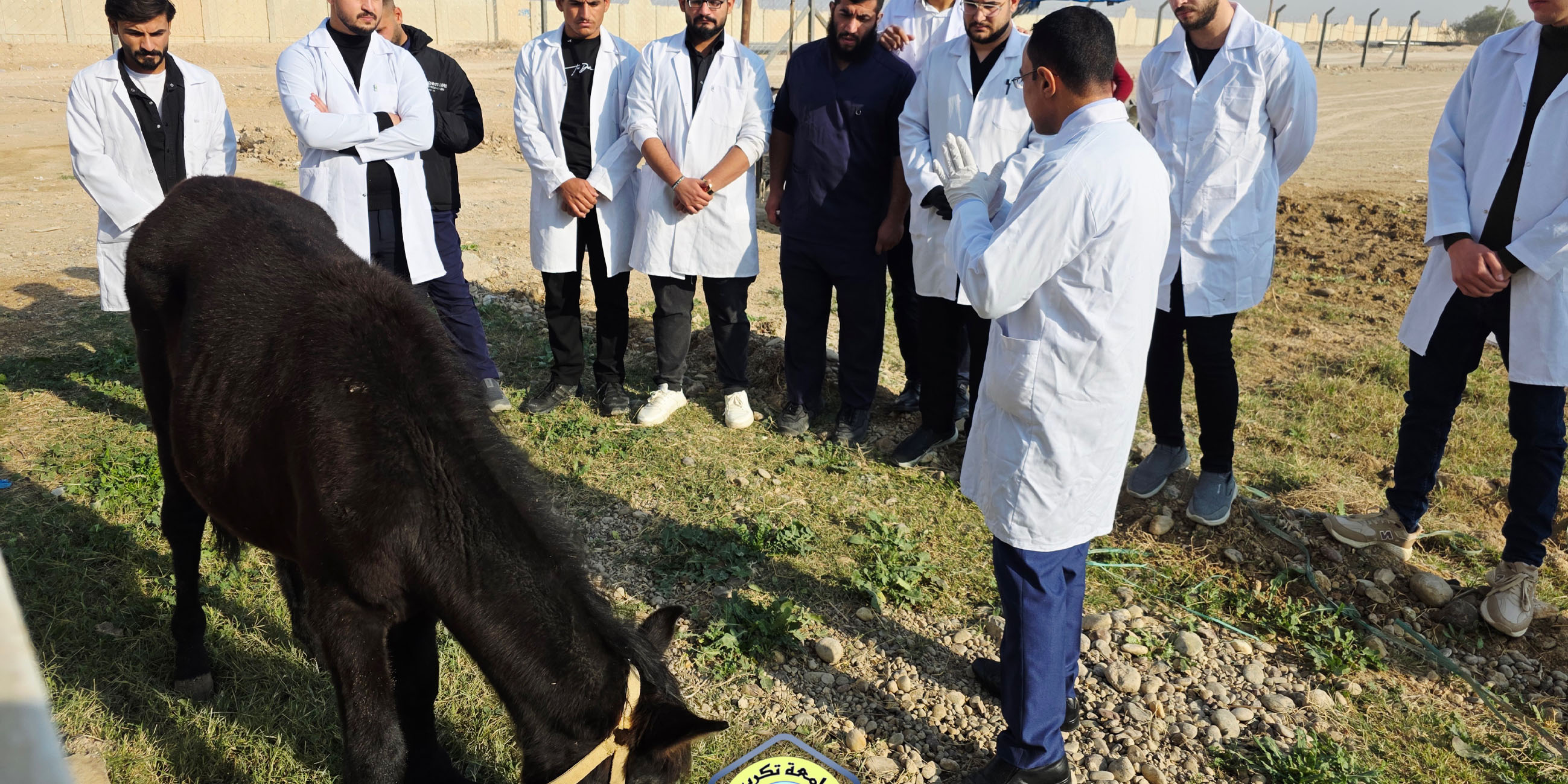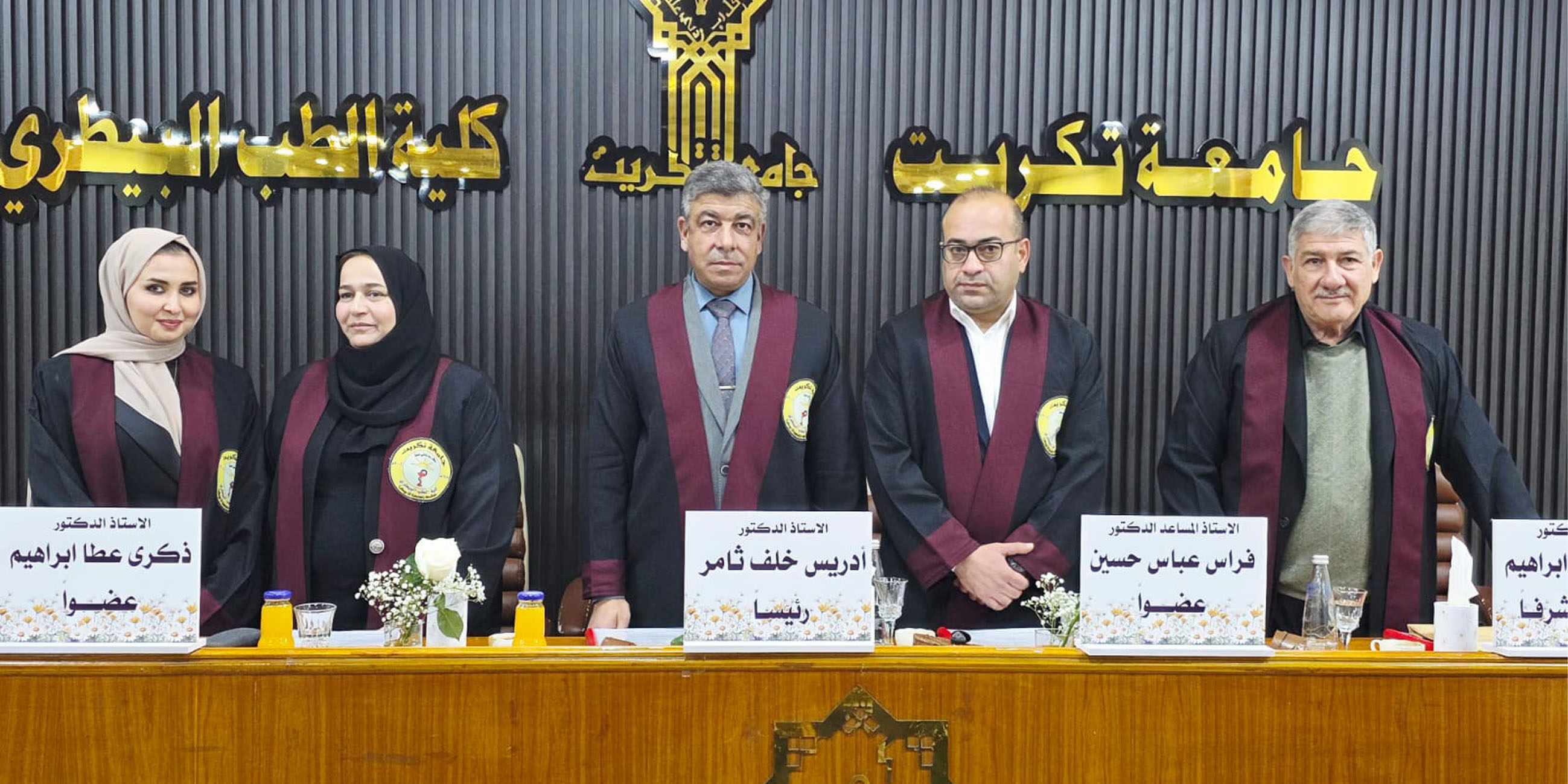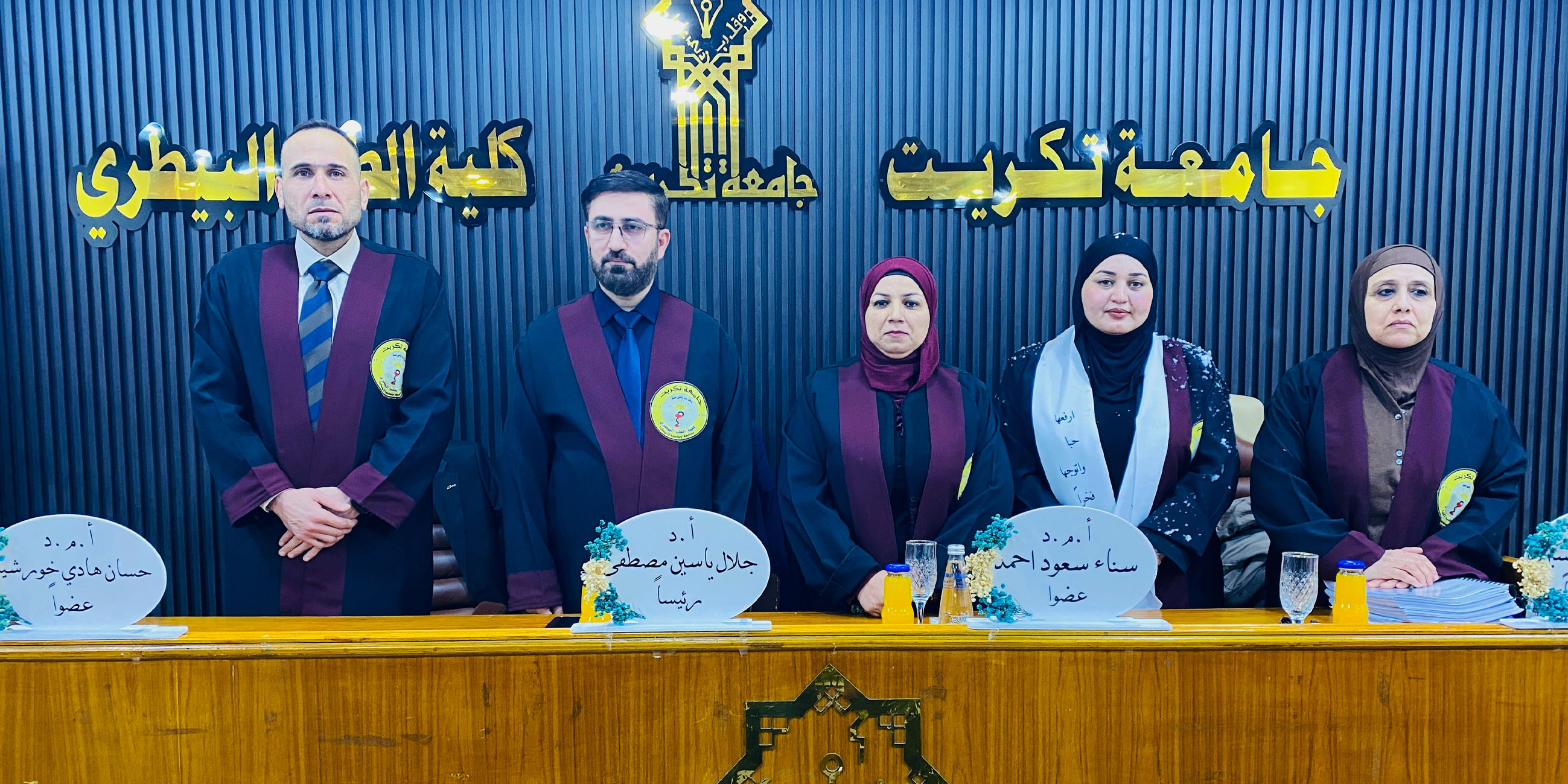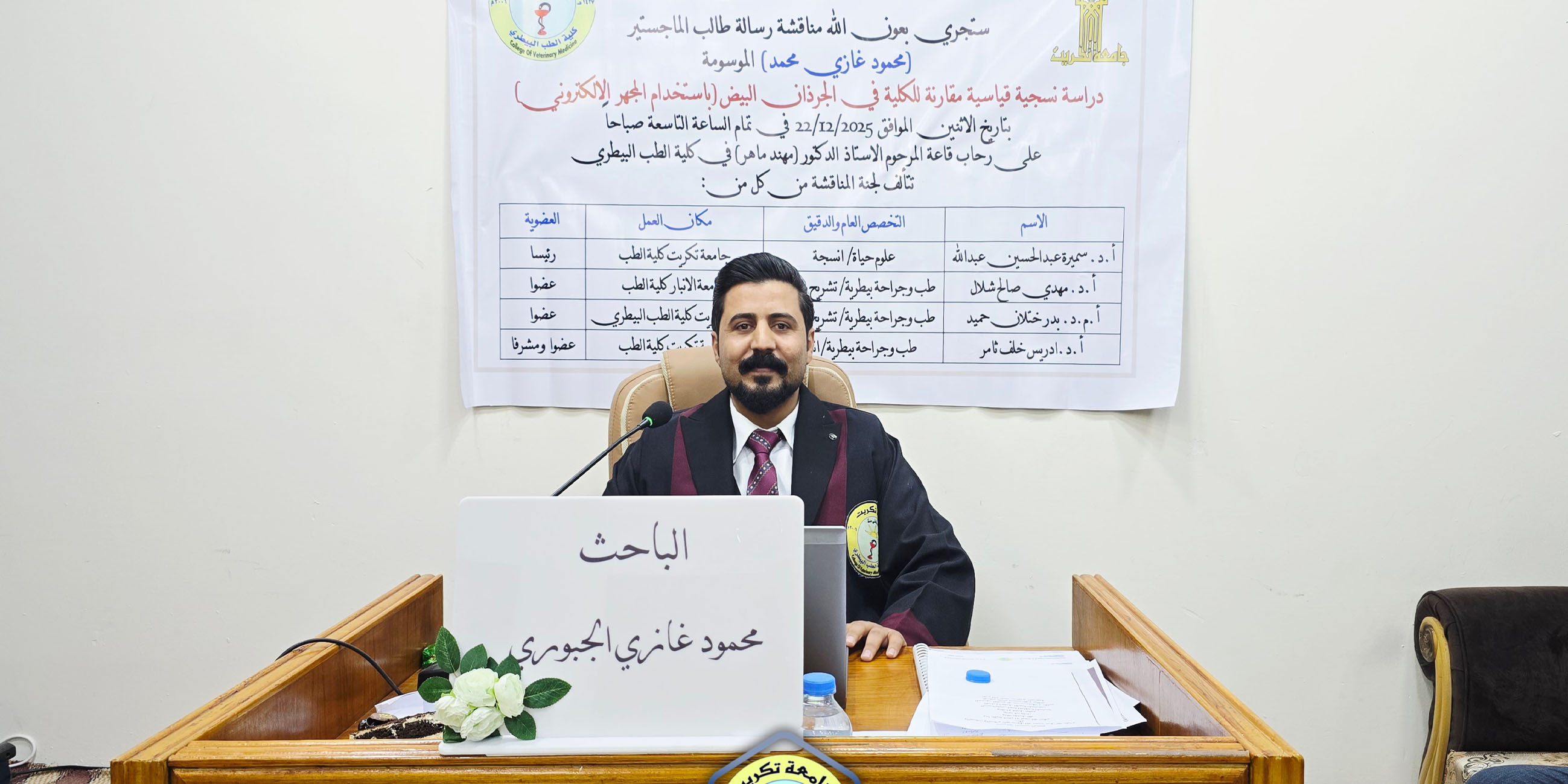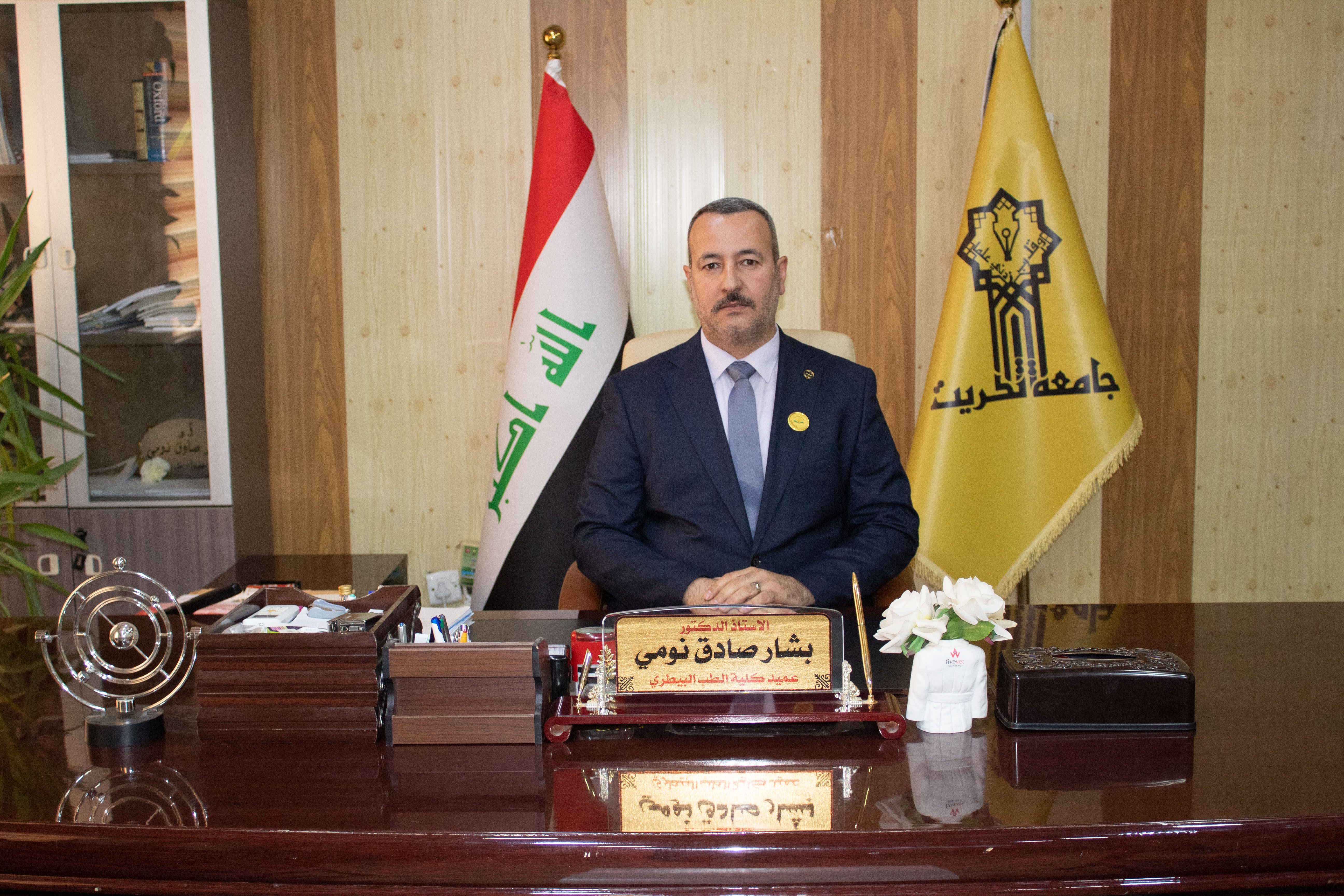
The College of Veterinary Medicine was established in 2006, ranking as the thirteenth among more than twenty colleges within the University of Tikrit. The college initially began with the departments of Internal Medicine, Anatomy, and Public Health, supported by modest laboratories, while the first cohort consisted of 35 students. Like the other colleges of the university, it has witnessed remarkable development at all levels. The number of departments increased, laboratories advanced, and student enrollment expanded accordingly. The college has successfully graduated several cohorts, granting students the Bachelor’s degree in Veterinary Medicine and Surgery, which qualifies them to work in Iraqi and international institutions specializing in veterinary and agricultural affairs. In addition, several postgraduate (Master’s) programs have been launched in the fields of Pathological Diagnosis, Microbiology, Veterinary Pharmacology, and Veterinary Histology. Currently, the college comprises six academic departments: Anatomy, Histology, and Embryology; Internal Medicine, Surgery, and Obstetrics; Physiology, Pharmacology, and Biochemistry; Pathology, Poultry and Fish Diseases; Microbiology; and Public Health.
To position the College of Veterinary Medicine – University of Tikrit among the leading veterinary colleges in the Arab world and globally, particularly in the fields of veterinary education, scientific research, animal health assurance, and the realization of the One Health concept.
The College of Veterinary Medicine strives to prepare veterinary professionals equipped with the scientific competence to ensure a better quality of life for animals, while promoting the principles of sustainable development, lifelong learning, and comprehensive quality standards.
